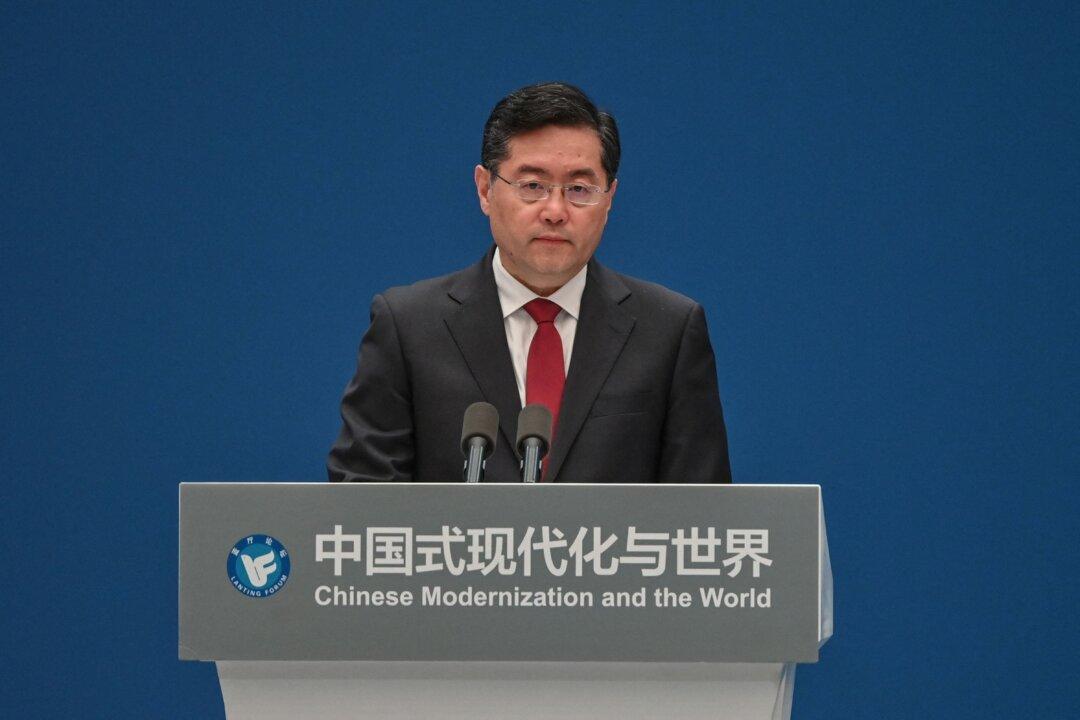On July 28, the Chinese regime reinstated information about Qin Gang, the former foreign minister who was ousted a month after his unexplained disappearance from public view, on the foreign ministry’s website, intensifying mysteries around the senior diplomat.
The Chinese Communist Party (CCP) didn’t offer any explanations for the removal of Mr. Qin, a decision that state media announced late on July 25 in a one-line statement. Top diplomat Wang Yi was reappointed as foreign minister.




